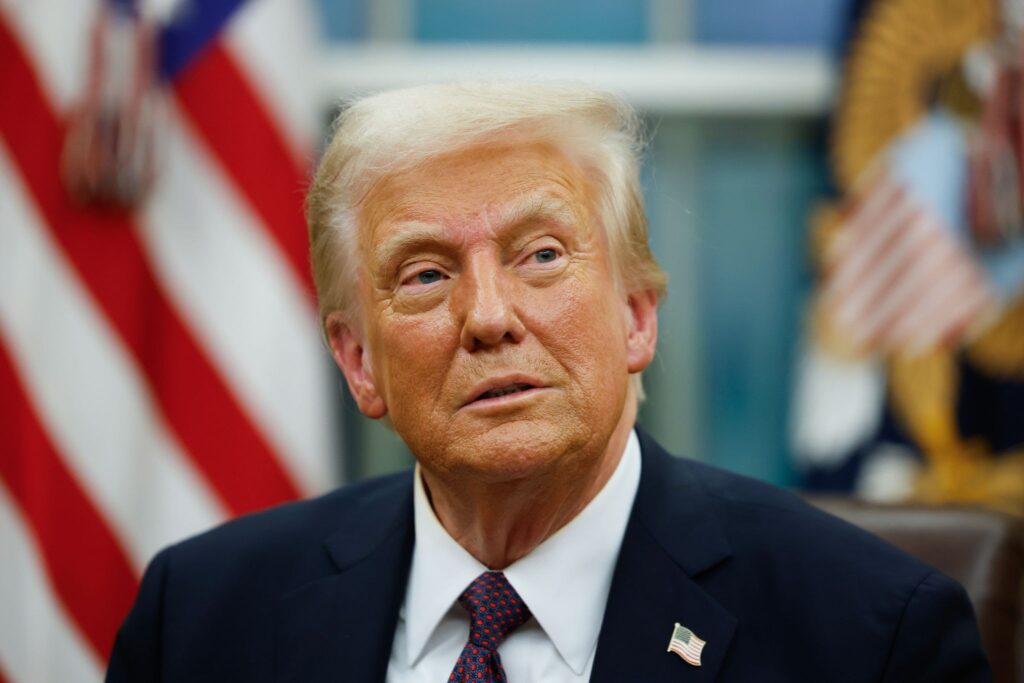US Congress Probes Alleged Nigerian Christian Killings

By Favour Nwankwo
The United States House of Representatives Subcommittee on Africa will hold a public hearing on Thursday, November 20, 2025, to review President Donald Trump’s recent decision to redesignate Nigeria as a Country of Particular Concern (CPC) for religious freedom violations.
The move, if approved by the Senate, could allow the US to impose sanctions on Nigerian officials accused of complicity in religious persecution and restrict certain forms of aid.
The hearing, chaired by Representative Chris Smith (R-NJ), will take place at 11:00 a.m. in Room 2172 of the Rayburn House Office Building and will be available via live webcast. It will feature two panels of witnesses, including senior US State Department officials and Nigerian religious leaders, who will discuss the reported attacks on Christian communities and possible US policy responses.
Panelists will include Jonathan Pratt, Senior Bureau Official of the Bureau of African Affairs, and Jacob McGee, Deputy Assistant Secretary of the Bureau of Democracy, Human Rights, and Labor. The second panel will feature Ms Nina Shea, Director of the Centre for Religious Freedom; Bishop Wilfred Anagbe of Makurdi Catholic Diocese; and Ms Oge Onubogu of the Centre for Strategic & International Studies.
President Trump, on October 31, 2025, labeled Nigeria a country of particular concern, citing severe violations of religious freedom, particularly against Christians. He warned that the US might take action, including halting aid or even military intervention, if the Nigerian government failed to protect Christians. “If the Nigerian Government continues to allow the killing of Christians, the USA will immediately stop all aid and assistance to Nigeria, and may very well go into that now-disgraced country, ‘guns-a-blazing,’ to completely wipe out the Islamic terrorists who are committing these horrible atrocities,” Trump said on November 1, 2025.

President Bola Tinubu rejected Trump’s claims, saying the description did not reflect Nigeria’s reality. “Nigeria stands firmly as a democracy governed by constitutional guarantees of religious liberty. The characterisation of Nigeria as religiously intolerant does not reflect our national reality. Religious freedom and tolerance have been a core tenet of our collective identity and shall always remain so,” Tinubu said in a statement on his official X handle.
The US congressional probe comes amid repeated attacks on Christian communities, including killings by Islamist extremists and militant Fulani herdsmen, kidnappings, and church burnings. Bishop Anagbe, who will testify at the hearing, previously told UK parliamentarians how Christians in Benue State had lost their homes, farms, and lives. “They follow orders to conquer, kill, and occupy. They attack even those who have managed to escape into our IDP camps,” he said.
US Congressman Riley Moore (R-WV) said, “We’ve already started that investigation… We’re going to get to the bottom of this. What is going on in the country is horrific – these killings of brothers and sisters in Christ, but we, and as President Trump has said it, we’re going to stop this.” Moore also defended the US role in Nigeria, stating that the CPC designation gives the President options, including sanctions and other measures.
Pope Leo XIV has voiced concern over the violence, citing Nigeria as one of several countries where Christians face persecution. “In various parts of the world, Christians suffer discrimination and persecution… God is a merciful Father who desires peace among all His children,” he said on X.
Meanwhile, US Congressman Bill Huizenga said Trump’s statements did not necessarily mean military action. “I suspect that that is not a high priority of having actual military intervention… But he does want to make sure that, from his view, the genocide that is happening specifically against Christians… needs to stop,” Huizenga said.
In Nigeria, President Tinubu sent Dr Abiodun Essiet, Senior Special Assistant on Community Engagement in the North Central Zone, to Plateau State to mediate local conflicts between Christian communities and Fulani herdsmen. The peace mission resulted in the resolution of a local dispute involving the seizure of cattle and included agreements to maintain harmony.